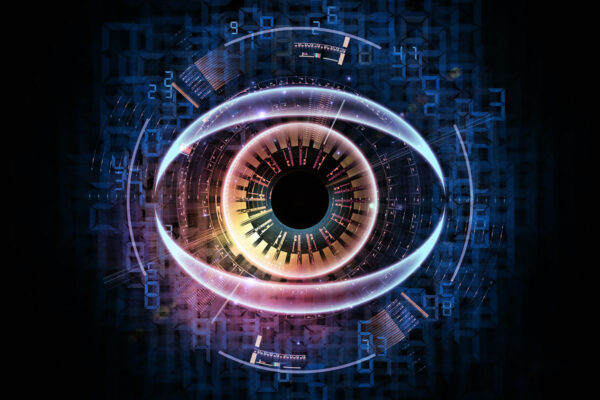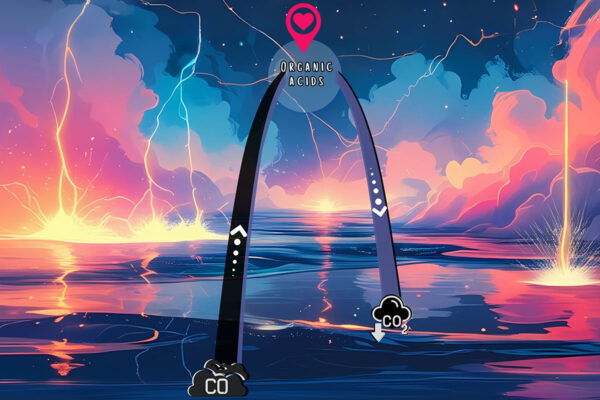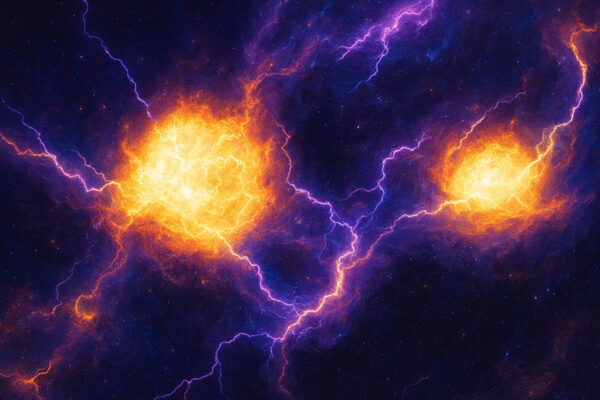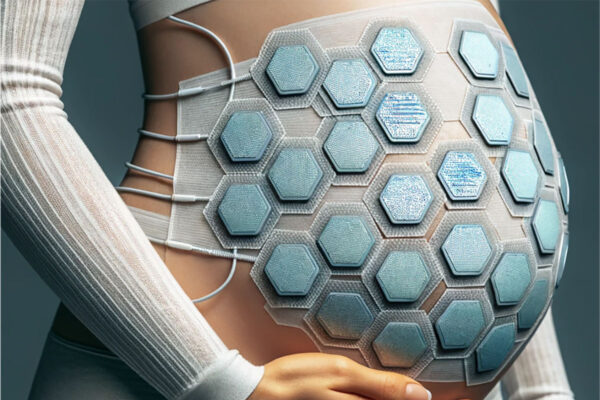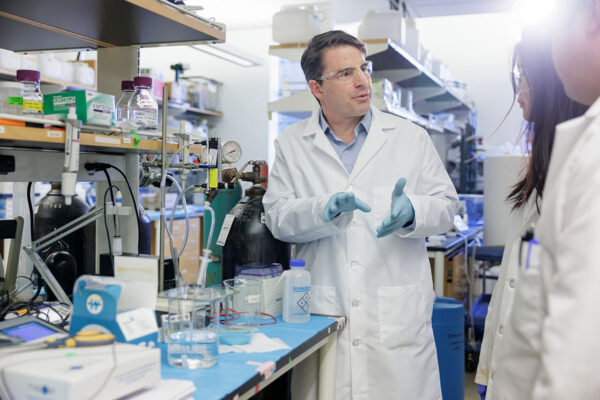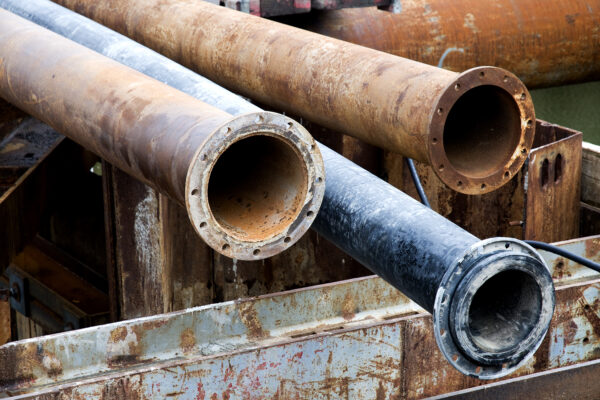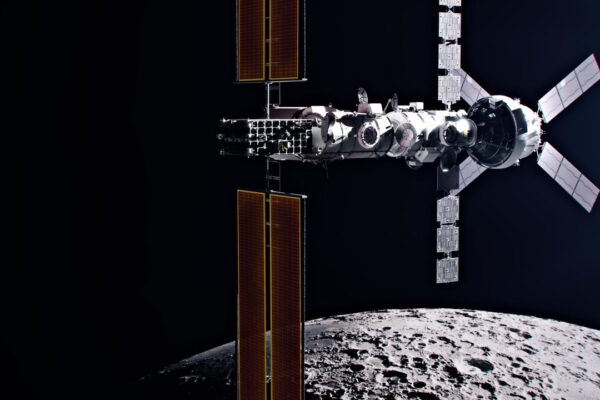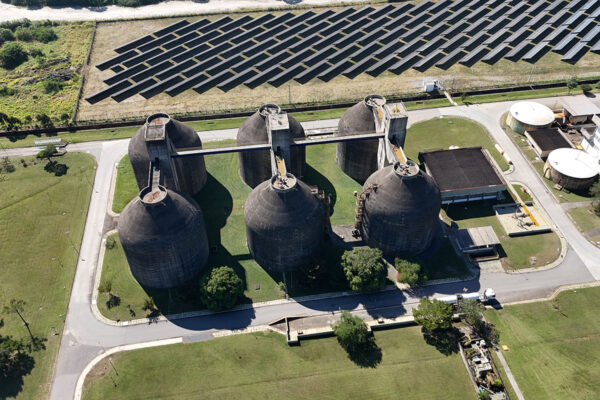Light as data and power source
WashU electrical engineer Mark Lawrence has received a prestigious CAREER Award from the National Science Foundation. He aims to develop sensors and cameras powered by taking advantage of the properties of light.
Plasma: The fourth state of matter drives sustainable carbon upcycling
Researchers at Washington University in St. Louis are developing ways to convert carbon monoxide into organic acids useful for industry.
Novel technologies underway to help those with spinal cord injuries move
A multidisciplinary team of researchers at Washington University in St. Louis plans to investigate the neural mechanisms behind various controls of transcutaneous spinal cord stimulation in generating different leg movements with a five-year, nearly $3 million grant the National Institutes of Health (NIH).
Dai receives $200,000 grant from Alzheimer’s Association
A scientist at Washington University in St. Louis has received a grant from the Alzheimer’s Association to support his research investigating the electrochemistry of neurotoxic protein assemblies.
Tracking deadly and unpredictable postpartum hemorrhage
Researchers at Washington University in St. Louis are developing a wearable device that aims to track blood loss in pregnant women during delivery, with support from a $2.8 million grant from the National Institutes of Health (NIH). The device aids in early warning signs for postpartum hemorrhage, a birth complication that is the leading cause of maternal death worldwide.
Wearable imaging system could provide insight into preterm birth
A team of researchers at Washington University in St. Louis is developing an at-home wearable device that would monitor electrical and mechanical signals in the uterus during pregnancy and labor, with a four-year $920,769 grant from the National Institutes of Health (NIH).
WashU’s Trusted Tap will empower households to monitor water quality
Researchers at Washington University in St. Louis will empower people to monitor their own tap water with a project funded through the National Science Foundation.
New study may help uncover childhood lead exposure’s true impact
Data scientists at Washington University in St. Louis used new statistical tools to find that the association between lead exposure and academic test scores may be even stronger than previously suspected.
WashU tapped for key role in future Artemis moon missions
In July, NASA formally designated WashU’s Geosciences Node, a division of NASA’s Planetary Data System that has been on campus since 1989, to serve as the lead science data node for the Artemis II, III and IV missions.
A silver lining in sewer sludge: volatile fatty acids
Researchers at Washington University in St. Louis are finding ways to efficiently reclaim useful intermediary chemicals from sewage instead of a more energy-intensive process for biogas reclamation.
View More Stories
